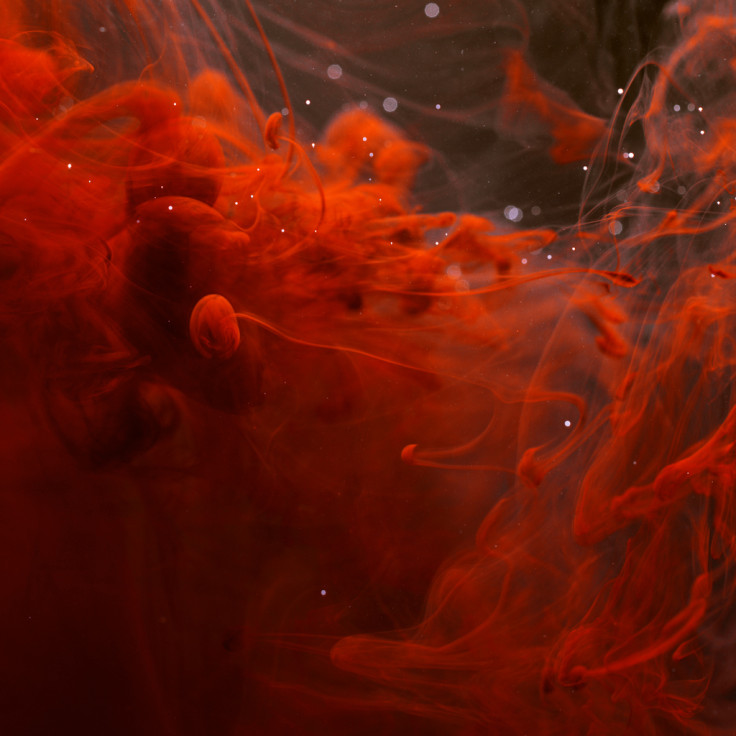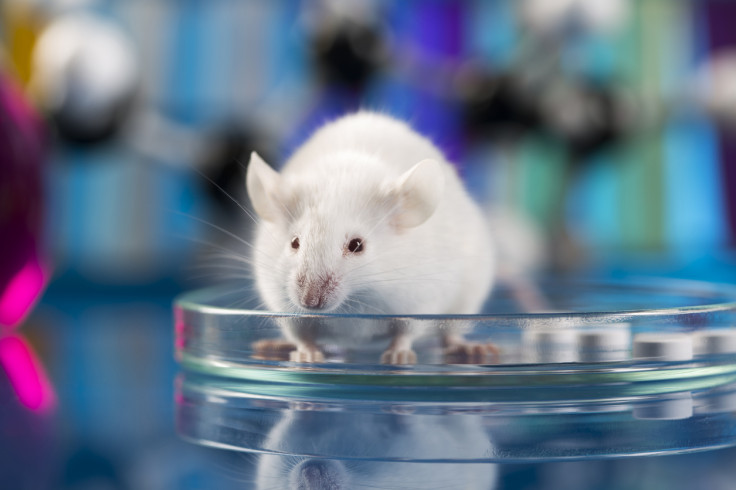Young blood appears to rejuvenate old mice. But what happens when you give young mice old blood?
New method of swapping blood between mice reveals how old blood has massive adverse effect.

Giving young mice old blood appears to make them age faster, inhibiting the formation of new brain cells and other tissues in the body. The discovery has raised major questions about the potential benefits of using young blood to rejuvenate old cells – an avenue of research that scientists have been working on for over a decade.
The idea young blood can rejuvenate old bodies has been around for centuries, but the science behind it is only now being understood. The process normally used to study it is heterochronic parabiosis, which involves anatomically joining two individuals together.
In 2005, scientists led by Irina Conboy, who is now at UC Berkeley, discovered evidence of tissue regeneration in old mice that had been surgically joined to younger mice. From this, scientists suggested the blood exchange had led to this new lease of life.
The results prompted widespread media attention, with news reports saying young blood could be means of slowing the ageing process. However, the underlying mechanisms behind the initial findings were a long way from being understood. "What we showed in 2005 was evidence that ageing is reversible and is not set in stone," Conboy said. "Under no circumstances were we saying that infusions of young blood into elderly is medicine."
One of the main problems in understanding why the old mice showed rejuvenation came from how they had been joined together. When the mice were sutured together, it is not just the blood that is shared – old mice are granted access to young organs, including lungs, heart, liver and kidney. This makes it extremely difficult to understand what is causing the changes in the cells.

In a study, published in Nature Communications, Conboy and colleagues have now described a new technique that allows them to transfer blood without having to join the two individuals together – so they are not sharing organs. And the findings showed young blood is not necessarily the anti-ageing elixir it was made out to be.
The team repeated their experiments from 2005 to find out what effects would be seen. They exchanged half the blood from young mice with old mice – and vice versa. Within a few days, changes to tissues were seen.
Findings showed old mice that had received young blood showed only minor improvements to ageing indicators, such as liver cell growth and brain cell development – specifically in the area relating to learning and memory and muscle-tissue repair.
In comparison, however, young mice that received old blood showed huge declines in these indicators. Most notably, they found there was a sharp decline in brain-cell production in parts relating to memory and learning when compared to normal young mice.
Instead of young blood giving old mice a boost, scientists now think the benefits reported are a result of the young blood diluting the old blood. "Under no circumstances did young blood improve brain neurogenesis in our experiments," Conboy said. "Old blood appears to have inhibitors of brain cell health and growth, which we need to identify and remove if we want to improve memory."
Understanding this will help understand what it is in older blood that contributes to ageing – paving the way for better studies which could result in treatments for humans in the future.
© Copyright IBTimes 2025. All rights reserved.






















